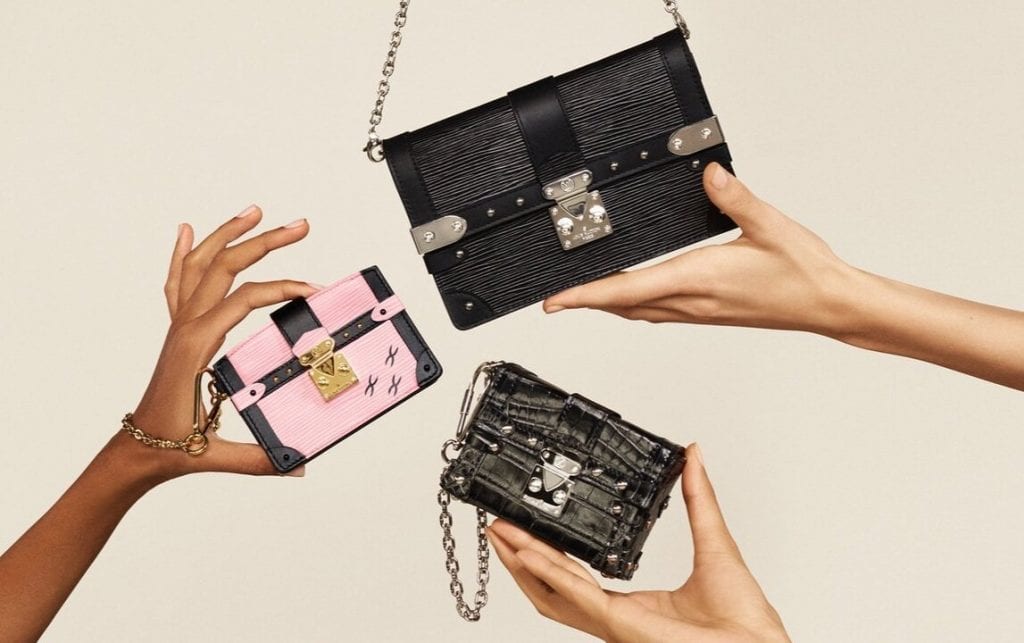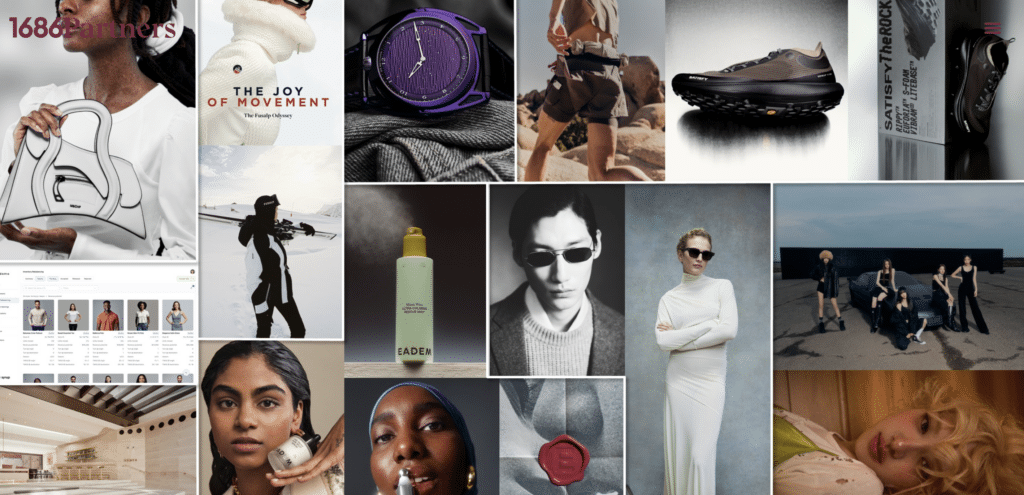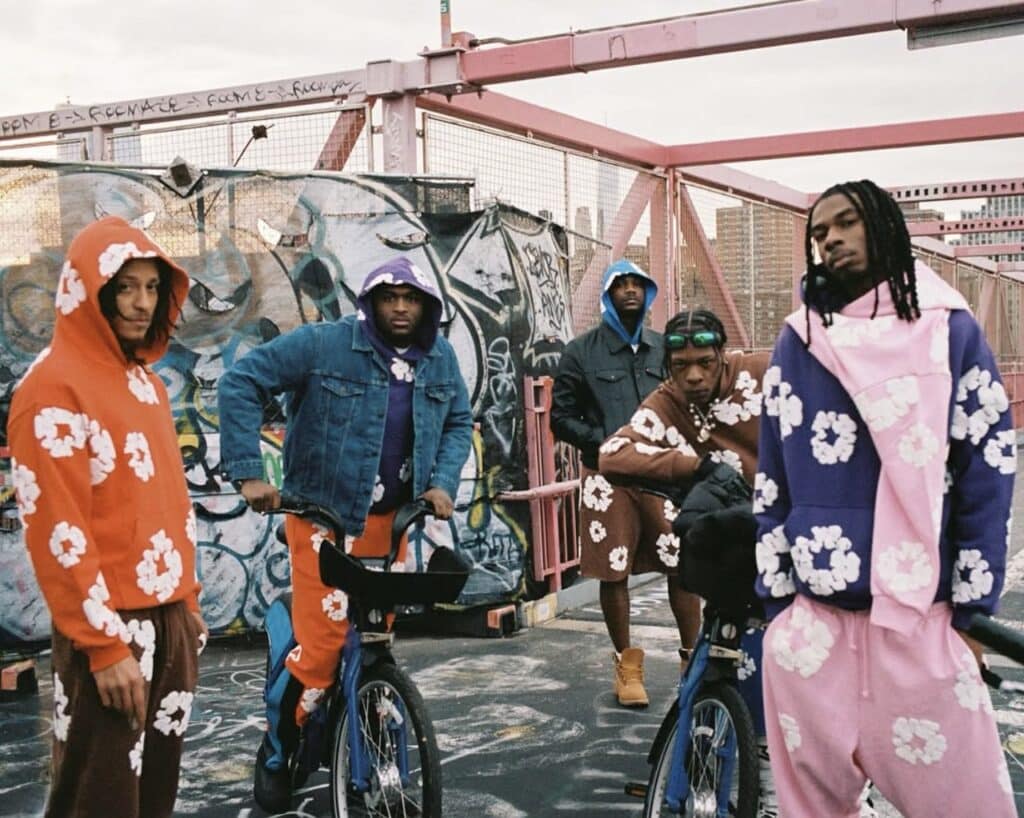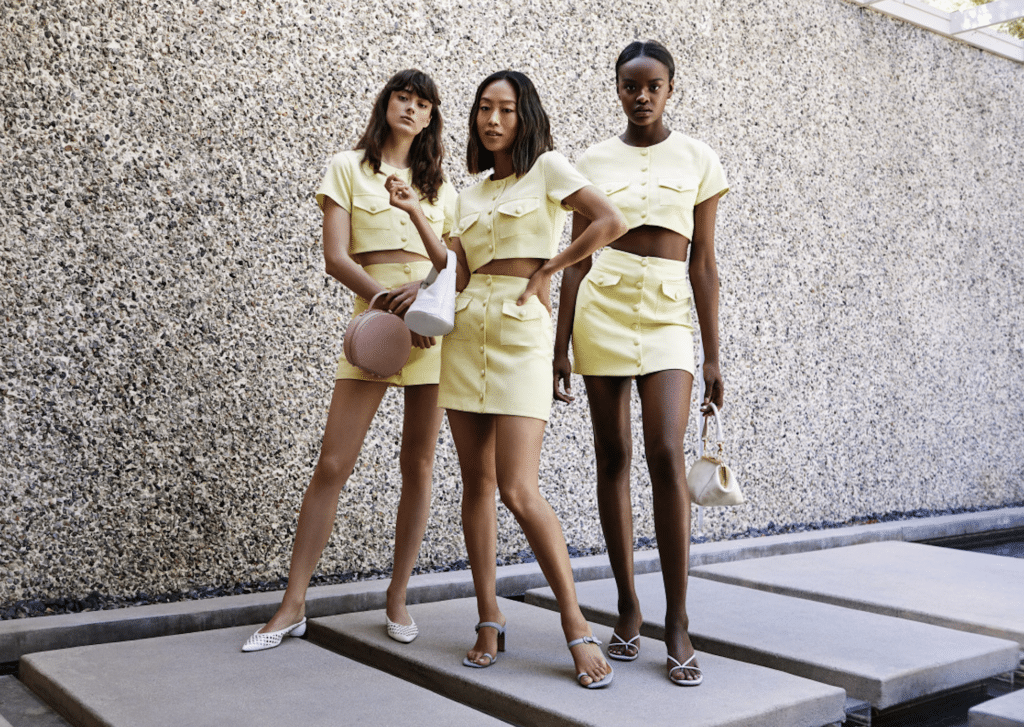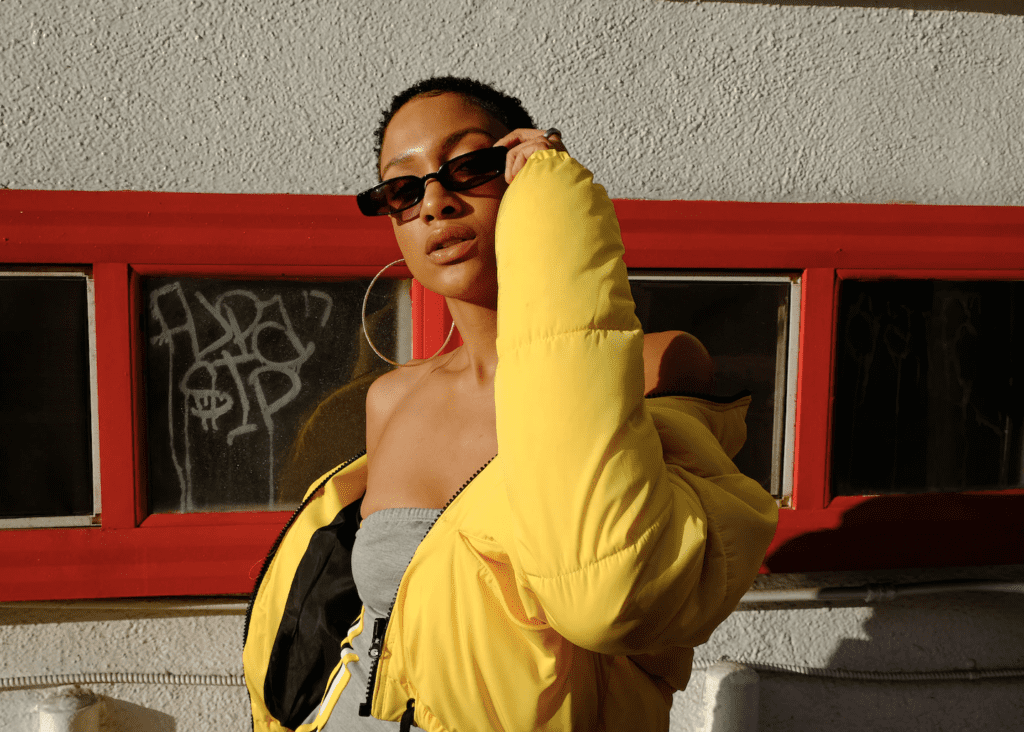Several years after LVMH Moët Hennessy Louis Vuitton chief financial officer Jean-Jacques Guiony told investors that there is “no way we can do business with [Amazon] for the time being,” stating that the “business of Amazon does not fit with LVMH full stop and it does not fit with our brands,” which include fashion houses like Louis Vuitton, Dior, Givenchy, Celine, and Fendi, among others, the Paris-based luxury conglomerate’s chairman drove that point home on Tuesday without mincing words about it. “If they change the business model, I don’t know, but with the existing business model, there is no way we can do business with them for the time being.”
In an earnings conference call on the heels of the release of LVMH’s “record” fourth quarter and full year results, LVMH chair Bernard Arnault said that it is “absolutely right” that his sweeping luxury goods venture will not be part of the high-end platform that Amazon is said to be readying, and pointed to the prevalence of “counterfeits” as a key part of the issue.
Speaking specifically to Amazon, which he called “an outstanding company,” Arnault asserted that where the $1 trillion e-commerce giant makes money is its vast third-party marketplace of products, in which “they don’t own the stock, [and] they don’t own the inventory.” Instead, “They use their database to provide customers to other merchants that take a commission, and that … is how they sell counterfeits.”
The sale of counterfeit goods – i.e., products that bear a trademark that is “identical with, or substantially indistinguishable from” another party’s registered trademark and which is used on the same type of goods as the rightsholder’s mark is registered – creates “a connection to organized crime,” Arnault went on to assert, “because when you have a site selling counterfeit products, this is always financed either by organized crime or it ends up the pockets of terrorism.”
“So, is it right that big websites should make money being associated with organized crime?,” he asks. “I don’t know what you think. I find this shocking. And so there’s – we have to do a lot if we want to avoid the sale of counterfeit product.”
Arnault’s strong comments are hardly the first time that Amazon has faced pushback over the saturation of its marketplace with counterfeit or otherwise infringing goods. Just this month, Peter Navarro, the Director of the National Trade Council at the White House, speaking on the heels of the signing of the first phase of the U.S.-China trade deal, stated that sites like “Amazon and eBay” are “making a bunch of money … selling this counterfeit stuff,” without “accepting [their] full responsibility” for such sales.
Even more recently, the U.S. government released its highly-anticipated report on the massive global trade in counterfeit goods. While it does not call out Amazon by name, the 54-page document drafted by the U.S. Department of Homeland Security (“DHS”)’s Office of Strategy, Policy, and Plans places significant blame on “online third-party marketplaces” that sell counterfeit goods “alongside authentic products,” and that “must take a more active role in monitoring, detecting, and preventing trafficking in counterfeit and pirated goods.”
As for whether there is any merit to speculation that LVMH – fresh from its acquisition agreement with Tiffany & Co. – might be looking to add Prada to its arsenal of brands, “as the Italian press seems to indicate,” as a reporter from French publication Le Monde asked on the call on Tuesday, Arnault revealed that “the Italian press lends me many ideas,” but failed to confirm such reports.







